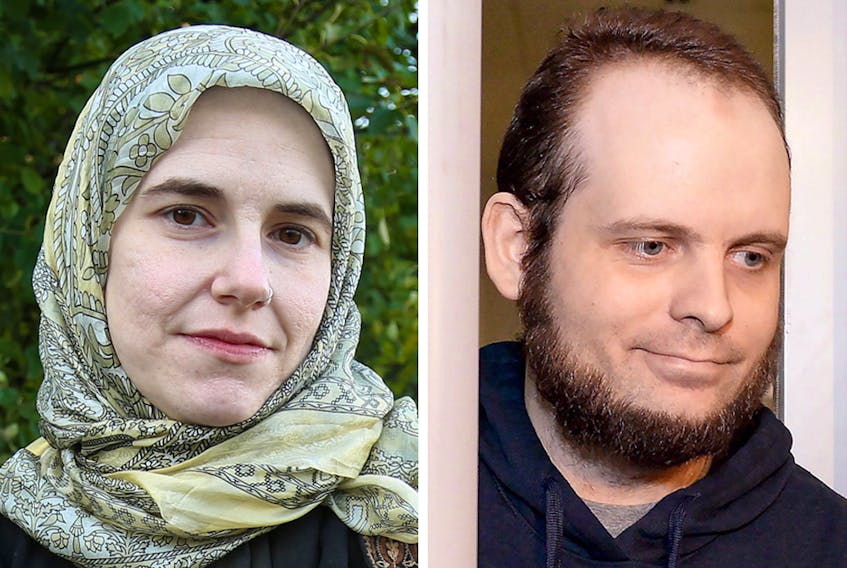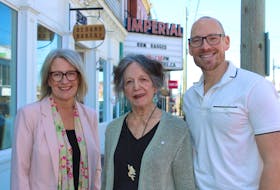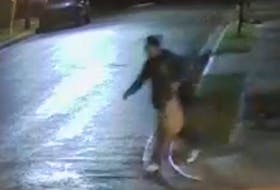A judge has dismissed an application from former Afghanistan hostage Caitlan Coleman to block questions about her sexual history with Joshua Boyle who faces allegations involving sexual violence against his estranged wife.
Ontario Superior Court Justice Ronald Laliberté decided to exercise his discretion and not review the trial judge’s decision to allow a limited series of sex-related questions.
Laliberté said the application raised difficult issues about an accused person’s rights, victims’ rights, criminal court procedure and trial delays.
Allowing a victim to interrupt a criminal trial to bring such an application, he said, could result in the kind of court delays that the Supreme Court denounced in R. v. Jordan. But the Jordan decision, Laliberté said, did not offer any guidance about how a court should assess those delays since the victim is not bound to follow the principles of that decision.
What’s more, the judge noted, a trial is ultimately a contest between an accused person and the state.
And he concluded that considering Coleman’s application in the middle of a trial would wrongly serve to elevate a complainant’s rights over an accused person’s rights.
“The point of all of this,” Laliberté said, “is not to deny the importance of a complainant’s right to privacy, dignity and equality in matters involving allegations of sexual violence.
“The court must recognize that a balance must be achieved in weighing Charter rights. An accused person who is presumed innocent and whose liberty is at stake should not be given lesser rights.”
Laliberté’s ruling means that Boyle’s trial will resume in early July, when the Crown is expected to conclude its evidence.
The trial was interrupted in late April after Judge Peter K. Doody ruled that Boyle’s lawyer, Lawrence Greenspon, could ask Coleman a limited series of relevant questions, including ones that touched on biting, bondage and anal sex.
Doody said the evidence that Greenspon sought could speak to the credibility and reliability of Coleman, the trial’s key witness.
Boyle faces 19 criminal charges, four of which involve allegations of sexual violence against Coleman. He has pleaded not guilty to all counts.
After Doody’s decision to allow some questions about Coleman’s sexual history, her lawyer, Ian Carter, announced that he was going to file an application that challenged the ruling.
Carter argued that Sect. 276 of the Criminal Code, a new provision designed to better protect sexual assault victims, would be rendered meaningless if the questions were allowed. The section prohibits irrelevant evidence about a complainant’s sexual history.
Carter’s application for a review of that ruling suspended the criminal trial so that arguments could be heard before Justice Laliberte.
In his decision, Justice Laliberte said he would not exercise his discretion to review Doody’s ruling. But if he was wrong on that question of law, Laliberte wrote, he would still find there was no reason to quash Judge Doody’s ruling.
“The court is of the view that the trial judge was correct in finding that the proposed evidence is relevant to an issue at trial,” he said.
Boyle’s lawyer contends the alleged incidents of sexual violence did not happen, and that Coleman is consciously or unconsciously recalling consensual acts that she now considers non-consensual.
Coleman has already admitted on two occasions in her evidence that she might be confusing memories.
Coleman is the principal complainant in the case.
Boyle and Coleman were married in July 2011 after a tumultuous, on-again, off-again courtship during which Boyle was at one point married to Zaynab Khadr, eldest daughter of Ahmed Said Khadr, a member of Osama bin Laden’s inner circle.
Coleman began divorce proceedings against Boyle eight months into their marriage, but they reconciled and travelled together to Central Asia. They entered Afghanistan in October 2012 and were kidnapped by members of the Taliban-linked Haqqani network just outside Kabul.
They were held hostage for five years – they had three children in captivity – before being rescued by Pakistani forces in October 2017.
The family met Prime Minister Justin Trudeau upon their return to Canada.
Copyright Postmedia Network Inc., 2019









